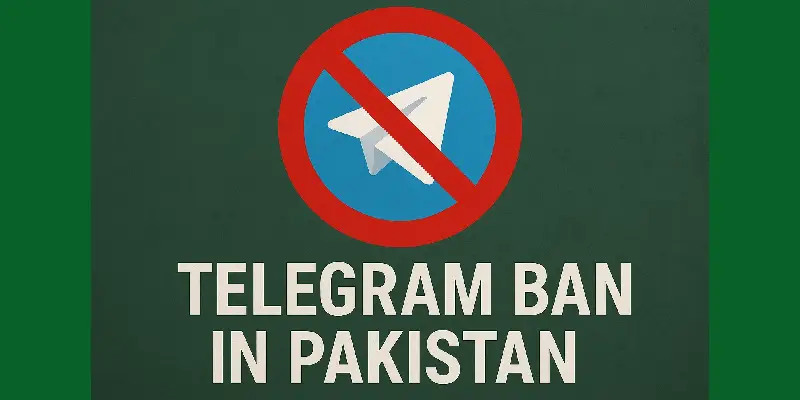If you’ve ever tried to open a PayPal account in Pakistan, you already know the frustration. You create an account, fill in your details, and then hit a wall when you try to link a Pakistani bank. PayPal Alternatives in Pakistan are a lot.
It simply doesn’t work and for years, freelancers and entrepreneurs here have had to find workarounds. So why isn’t PayPal in Pakistan?
There’s no official answer, but the reasons often include issues related to regulatory compliance, financial laws, and risk concerns. For a country with one of the largest freelancer populations in the world, it’s a big deal.
According to a 2023 report, Pakistan ranks among the top five freelance markets globally. That’s millions of people who can’t receive payments easily. The result? We’ve had to get creative.
From using friends’ PayPal accounts abroad to searching for other platforms that work here, Pakistanis have learned how to work around the system.
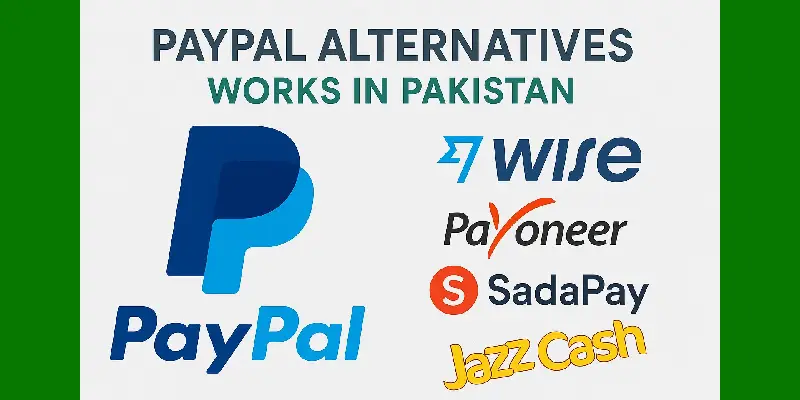
But the good news is, there are several legit and reliable PayPal alternatives now some even better in certain cases.
Let’s go through the best PayPal Alternatives in Pakistan that actually work in Pakistan.
Table of Contents
ToggleTop Global Payment Platforms That Work in Pakistan
1. Payoneer
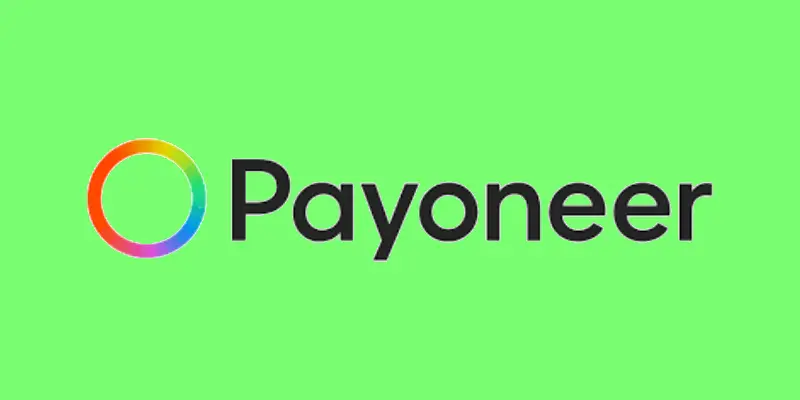
Payoneer is probably the most popular alternative to PayPal for Pakistani freelancers. It works smoothly with platforms like Upwork, Fiverr, Amazon, and even Airbnb.
Once you sign up, you get virtual bank accounts in USD, GBP, and EUR. That means clients or platforms can pay you just like they’d pay someone in the US or UK.
The best part? You can withdraw funds directly into your Pakistani bank account or even into JazzCash.
Pros:
-
Accepted by most global freelance platforms
-
Supports bank and wallet withdrawals in Pakistan
-
Fast processing time
Cons:
-
Annual card maintenance fee (~$30)
-
Exchange rates can vary slightly
2. Wise (Formerly TransferWise)
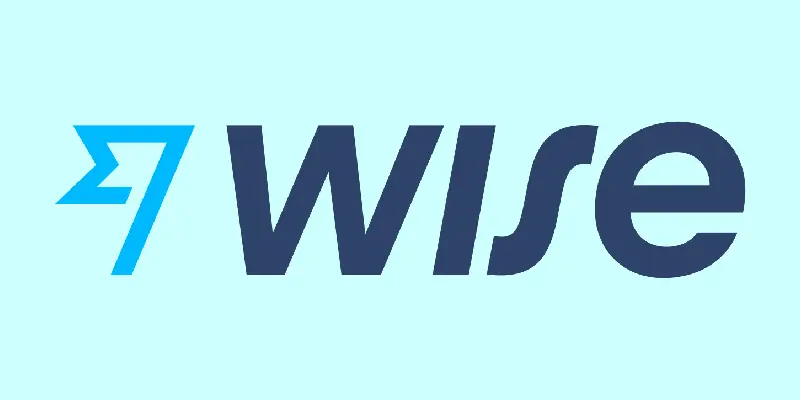
Wise is known for its transparency. If you’ve ever been annoyed by hidden fees, you’ll love this one. It lets you receive international payments in major currencies and convert them to PKR at real exchange rates — no inflated conversion rates like many banks use.
Wise is also great for sending money abroad or paying for services outside Pakistan.
Pros:
-
Very low fees and real exchange rate
-
Easy to use interface
-
Supports local bank withdrawals
Cons:
-
Not yet supported by all freelance platforms
-
No integration with mobile wallets in Pakistan
3. Skrill
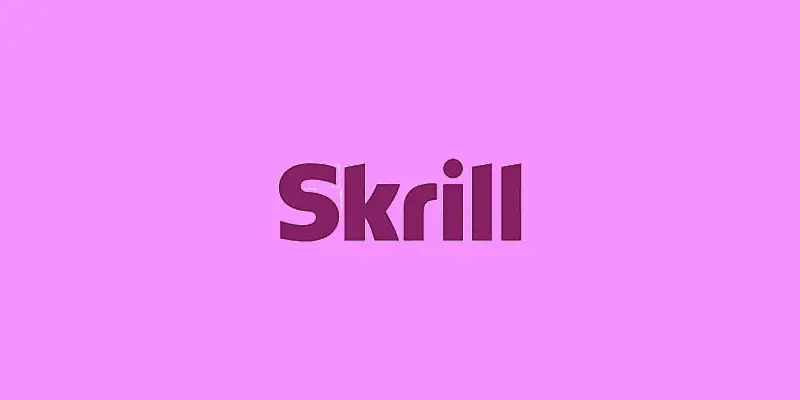
Skrill has been around for a long time and is especially popular among forex traders and online gamblers, but it also works well for freelancers and small businesses.
You can receive payments, keep money in your wallet, and withdraw to local banks. Skrill is widely accepted in online marketplaces and supports Pakistani users without restrictions.
Pros:
-
Works in Pakistan
-
Good for small and medium transfers
-
Offers a prepaid Mastercard (not available to all users)
Cons:
-
Fee structure can be confusing
-
Not accepted by major freelance platforms like Upwork
4. 2CheckOut (Now Verifone)
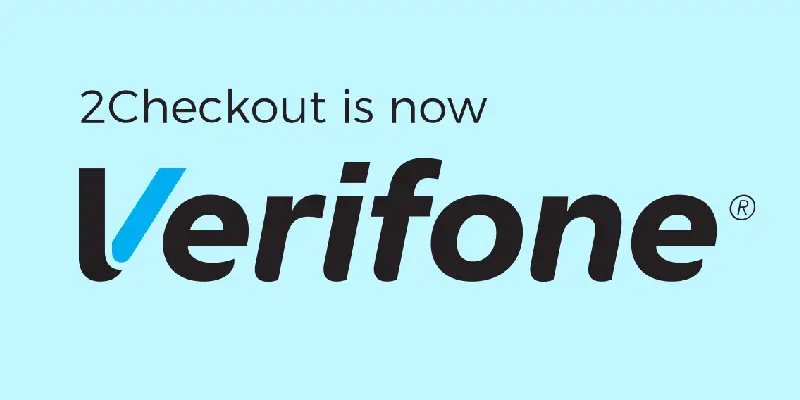
This is ideal for businesses selling products or services online. 2CheckOut allows you to accept payments from international clients via credit card, PayPal (yes, even if you don’t have an account), and more.
It integrates easily with e-commerce platforms like Shopify, WooCommerce, and Magento.
Pros:
-
Global acceptance
-
Can receive PayPal payments through customers
-
Built-in fraud protection
Cons:
-
Requires a bit of technical setup
-
Transaction fees are higher than others (around 3.5%)
Local Payment Options in Pakistan
While global platforms are great, they can be a bit slow or expensive for smaller payments. That’s where local options come in handy.
5. JazzCash
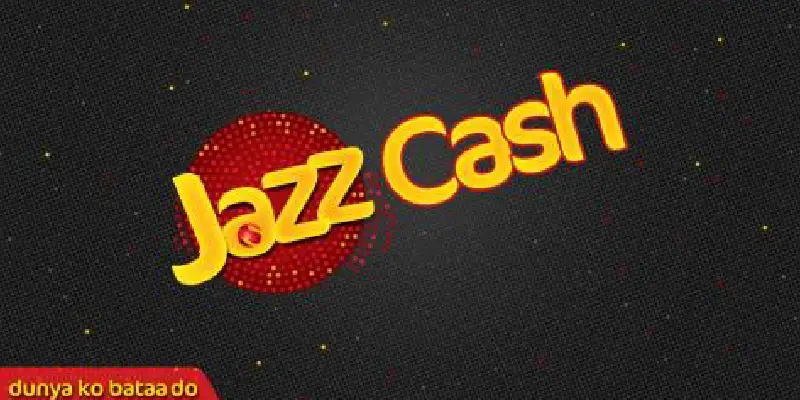
JazzCash started as a mobile wallet, but now it’s a full payment ecosystem. The best part is its partnership with Payoneer you can link your Payoneer account and withdraw USD directly into JazzCash.
It’s fast, widely available, and easy to use. You can also pay bills, top-up phones, and send/receive money from anyone in Pakistan.
Pros:
-
Easy Payoneer withdrawals
-
App is user-friendly
-
Available across Pakistan
Cons:
-
Doesn’t support international payments on its own
-
Transaction limits can be restrictive for big payouts
6. Easypaisa
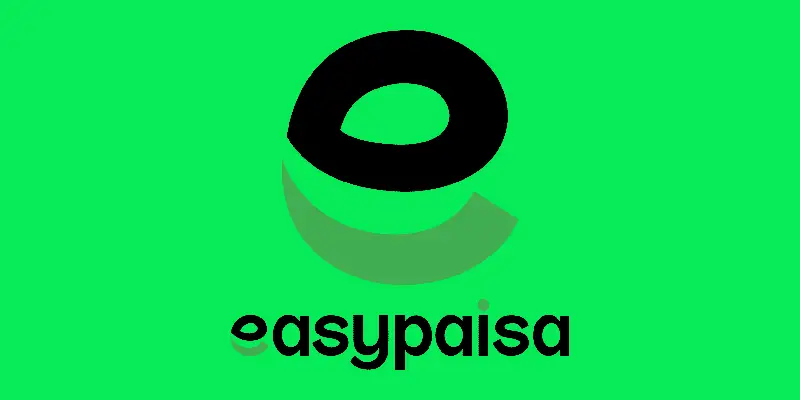
Another mobile wallet giant, Easypaisa also offers business payment solutions. It’s accepted by many local e-commerce stores and offers features like QR code payments, invoices, and merchant accounts.
If you’re running a small business or online store in Pakistan, this is a solid option.
Pros:
-
Works with local businesses
-
Instant transfers to banks and mobile wallets
-
Easy to set up
Cons:
-
Not built for international transactions
-
Interface can sometimes lag
7. SadaPay
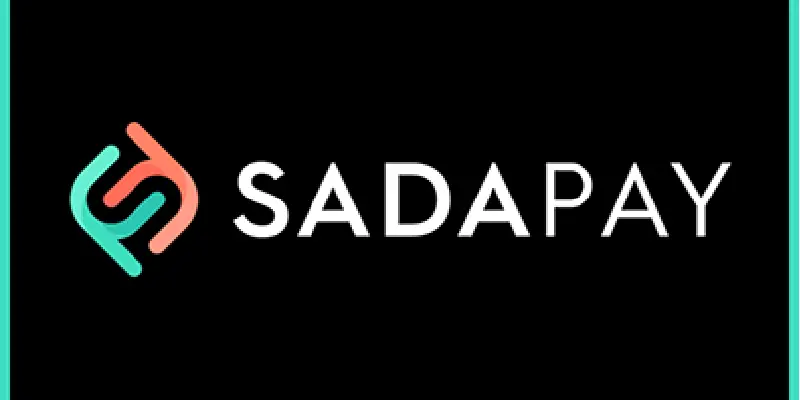
This is one of the newest digital payment players in Pakistan and has quickly gained a fanbase. It gives you a MasterCard debit card you can use anywhere in the world, including Amazon, Netflix, and international subscriptions.
It also offers features like holding USD, avoiding currency conversion until you spend.
Pros:
-
Modern UI, app-based
-
Free MasterCard with no annual fee
-
Works globally
Cons:
-
Still in beta for some users
-
No direct integration with freelance platforms
8. SimSim Wallet
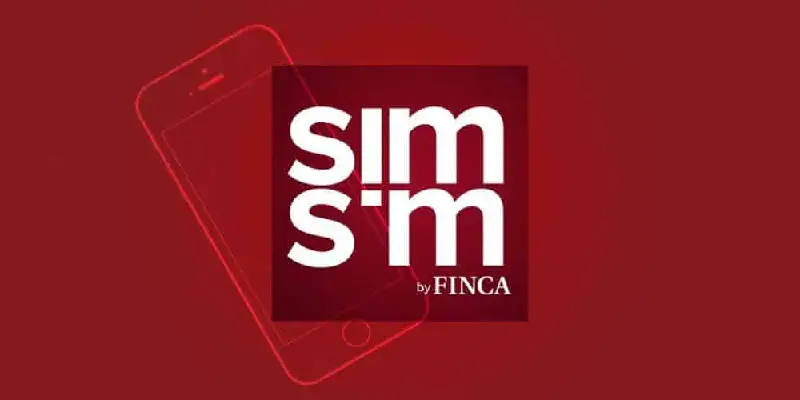
A good option for beginners or those handling small amounts of money. SimSim is a branchless banking app created by FINCA, and it’s best for peer-to-peer local transactions.
While it doesn’t directly help with international payments, it’s useful if you work with clients or businesses inside Pakistan.
Pros:
-
Simple to use
-
Free account with no maintenance fees
-
Works on all networks
Cons:
-
Not suitable for international freelancing
-
Transaction limits are low
9. Raast by State Bank of Pakistan
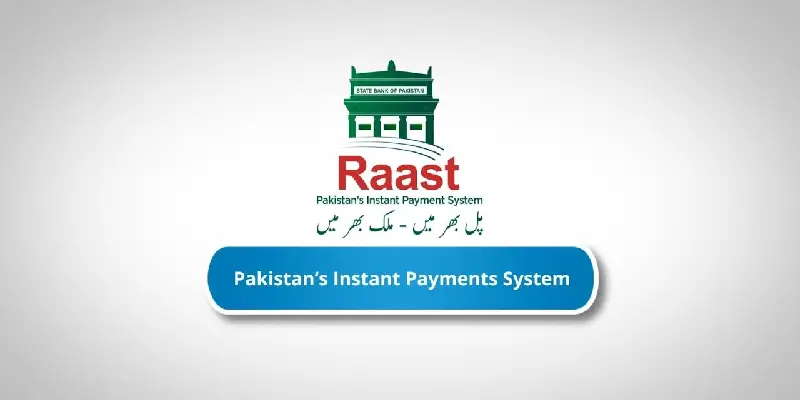
Raast is an instant payment system introduced by the government. It allows real-time bank-to-bank transfers at zero fees.
It’s great for moving money locally especially for businesses that want fast settlements. But it doesn’t support cross-border payments.
Pros:
-
Totally free
-
Instant transfers
-
Works with all major banks
Cons:
-
Only for PKR
-
Doesn’t help freelancers with global clients
Which One Should You Use?
If you’re a freelancer working with international clients, go with:
-
Payoneer + JazzCash for smooth withdrawals
-
Wise if you want transparency and real exchange rates
-
2CheckOut if you’re running an online store
If you’re working locally or just getting started:
-
SadaPay for global shopping and subscriptions
-
Easypaisa or JazzCash for everyday transactions
- Raast for free, fast bank-to-bank payments
🔧 Other Gateways & Tools
-
XPay / PayFast / AlfaPay / HBL Pay: Integrate with WooCommerce or Shopify and link cards, bank, mobile wallets
-
PayU (limited in Pakistan): Check integration and availability .
Choosing the Right One
| Use Case | Best Picks |
|---|---|
| Freelancing & global marketplaces | Payoneer, Wise, Skrill, 2CheckOut |
| Local business or eCommerce | JazzCash, Easypaisa, XPay, AlfaPay |
| Beginners/RoI under Rs.5k | SimSim |
| Modern cashless debit card | SadaPay |
| Instant PKR transfers | Raast |
Ask yourself:
-
Do you need USD or PKR?
-
Are you working internationally or locally?
-
What fees make sense based on your average payouts?
Quick Facts & Figures
-
Payoneer charges around $30/year, but supports 200+ countries
-
JazzCash has 15+ million users and fee as low as 0.2% .
-
Easypaisa boasts 25 million wallets and handles diverse e-payments .
-
SadaPay lets you hold USD directly, avoiding PKR conversion fees
Final Thoughts
If you’ve been holding back on freelancing or starting your online business just because PayPal isn’t available in Pakistan, it’s time to let that go. Yes, PayPal is convenient, but it’s not the only game in town not anymore.
Today, freelancers, agencies, online store owners, and even small YouTube creators in Pakistan are earning in dollars and managing just fine without PayPal.
Platforms like Payoneer, Wise, and 2CheckOut are filling the gap, offering secure, reliable, and legal ways to receive international payments. Add local solutions like JazzCash, SadaPay, and Easypaisa into the mix, and you’ve got a full financial toolkit that works across borders.
And here’s the thing: being forced to explore alternatives has actually made many Pakistanis smarter with money. We’ve learned to compare fees, understand exchange rates, and use digital wallets efficiently. That knowledge puts you ahead.
You don’t need a PayPal account to get paid. What you do need is a system that fits your work, your income size, and your future goals.
So think about what kind of payments you’ll receive, how often you’ll be withdrawing, and whether your focus is local or international. From there, pick one or two platforms and test them. You’ll get the hang of it fast.
Remember, millions of people in Pakistan are already making it work. You can too.
And if you’re still unsure, feel free to drop a message. I’ll help you figure out the best payment combo for your situation.
FAQ
1. Can I use Payoneer without a US bank account?
Yes Payoneer provides a USD receiving account and lets you withdraw in Pakistan via bank or JazzCash.
2. Are there fees to move from JazzCash/Easypaisa to banks?
Minimal JazzCash charges ~0.2%, Easypaisa ~1–3% depending on type.
3. Does SadaPay have monthly fees?
No monthly fees; just a 1.5% forex charge when spending in foreign currency.
4. Can I accept freelance payments with SimSim?
Only for earnings under Rs 5,000; not ideal for full-time freelancing.
5. What’s the catch with Raast?
It’s great for free, instant PKR transfers just local, no USD support.
For more exciting and awesome facts and information visit our Home page Visualpakistan.com

